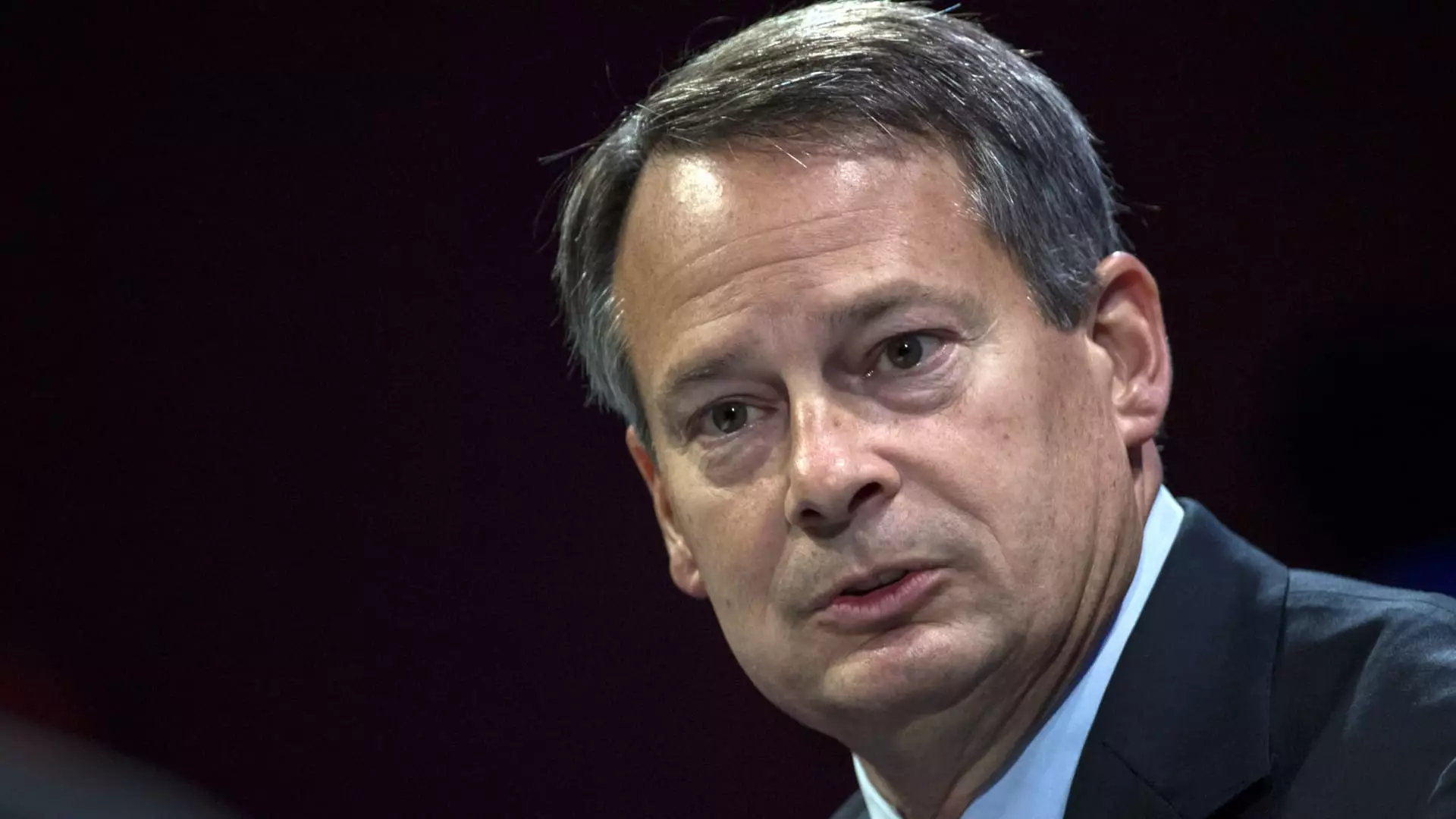Charles Schwab has made headlines recently with the announcement of Walt Bettinger’s upcoming retirement, ending his remarkable 16-year tenure as CEO. As Bettinger prepares to leave his post at the close of December, he will hand over the reins to Rick Wurster, the current President of the firm, effective January 1, 2025. Bettinger’s legacy is marked by exponential growth and transformative leadership, laying down a solid foundation for Wurster as he steps into this pivotal role.
Bettinger’s decision to retire, coinciding with his 65th birthday, has prompted discussions regarding the importance of strategic succession planning within corporate ecosystems. In a recent statement, he expressed admiration for Wurster’s capabilities, highlighting the pair’s close working relationship over the past eight years. This smooth transition, rooted in meticulous forward planning, is a crucial component in maintaining continuity and stability within the organization.
Rick Wurster, inheriting the CEO position, has hinted that the company’s operational strategy will largely remain unchanged. His commitment to continued client service underscores Schwab’s steadfast dedication to its core values. In a world where leadership changes can inject uncertainty, Wurster’s consistent approach reassures stakeholders that business success will remain a priority without disruption.
Bettinger’s tenure as CEO has been remarkably successful. Under his guidance, client assets ballooned to almost $9.74 trillion from a staggering $1.14 trillion, indicative of client confidence and Schwab’s innovative strategies. Moreover, the brokerage firm expanded its client base exponentially, growing from fewer than 10 million accounts to over 43 million. These accomplishments signify Betsinger’s capacity to lead the company through turbulent waters, especially with significant undertakings such as the acquisition of TD Ameritrade.
The timing of Bettinger’s entry into the role was less than ideal, as he took charge amid the 2008 financial crisis. In hindsight, he noted that handling such challenging beginnings is rare and demands resilience. More impressively, Schwab’s stock saw a remarkable increase of around 150% during his presidency, although it has recently lagged behind broader market gains. This mixed performance raises questions about the current economic landscape and potential future challenges under Wurster’s leadership.
The integration of TD Ameritrade was yet another milestone in Bettinger’s unique trajectory as CEO, completed shortly before his planned exit. This strategic move not only expanded Schwab’s market footprint but also reinforced its commitment to providing a comprehensive range of services to clients. Bettinger articulated that the seamless assimilation of Ameritrade into Schwab marked a key moment in his decision to retire, suggesting that the groundwork for sustainable growth is now firmly established.
As Walt Bettinger prepares to step down, the legacy of his leadership will remain a cornerstone of Charles Schwab’s identity. With Rick Wurster poised to take the helm, the brokerage firm enters a new chapter, ensuring that the values and principles that drove its success will continue. For stakeholders and clients alike, this change represents not just a new CEO but a commitment to sustained excellence and dedication to service that has distinguished Schwab in the competitive financial landscape. The path ahead looks promising as the firm stands ready to face future challenges with a renewed focus and confidence under Wurster’s stewardship.

Leave a Reply